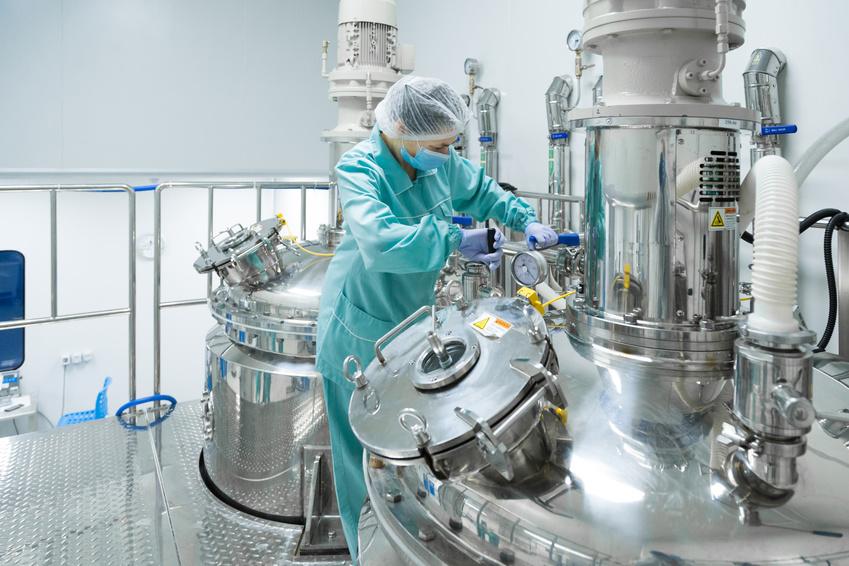
Over the years, the pharmaceutical industry has grown in leaps and bounds. Today, they have been able to formulate high-quality drugs to eradicate some of the deadliest diseases in the world and control the rest. The acceptability and efficacy of these drugs is reliant on the purity of the chemical substances used for medicinal effect also known as active pharmaceutical ingredients (APIs).
Different regulatory bodies have come up with set guidelines on how to produce chemical ingredients that are of high quality and pure. WHO GMP API manufacturing is one such guide that ensures all operations from receipt of material, production, labeling, packaging, storage, and distribution all apply strict GMP quality control measures.
Importance of Purity in APIs
While modest impurity in small sample size may not mean much, it can be a big catastrophe when used to manufacture big quantities. The availability of impurities can completely alter a formulation and make it something else entirely because chemicals react differently. For example, the wrong chemical components in a drug formulation can make a drug dangerous to human beings.
If an active pharmaceutical ingredient contains impurities, the company can use billions of dollars trying to formulate a drug with no success. That is because they keep getting the wrong end product or reaction from what they are expecting. This is not only wasting time but its also economically draining.
How Do Chemical Manufacturers Assess Purity?
Since most pharmaceutical and manufacturing companies have to buy chemicals from other companies, it’s important to ensure that the supplier has the industry-accepted certifications for GMP standards. However, it would be ideal to take it a step further of assessing chemical purity by doing a few tests. Some of the ways to establish purity include;
- Physical comparison with a certified pure sample.
- Assessing the physical properties like melting and boiling point because impurities tend to change those properties.
- The colorimetric method which is using another chemical to see how it will react in terms of changing color or smell.
- Analytical methods such as gravimetry and titration to test not only the presence but also the number of impurities available.
GMP API manufacturing involves following a lot of steps meant to protect living beings from harm. However, these guidelines are not made to protect the workers seeing that about 810,000 people work at chemical corporations in the US, including the pharmaceutical precinct. The pharmaceutical industry is a controlled niche that is under a few regulatory bodies to ensure nothing bad goes unnoticed.
